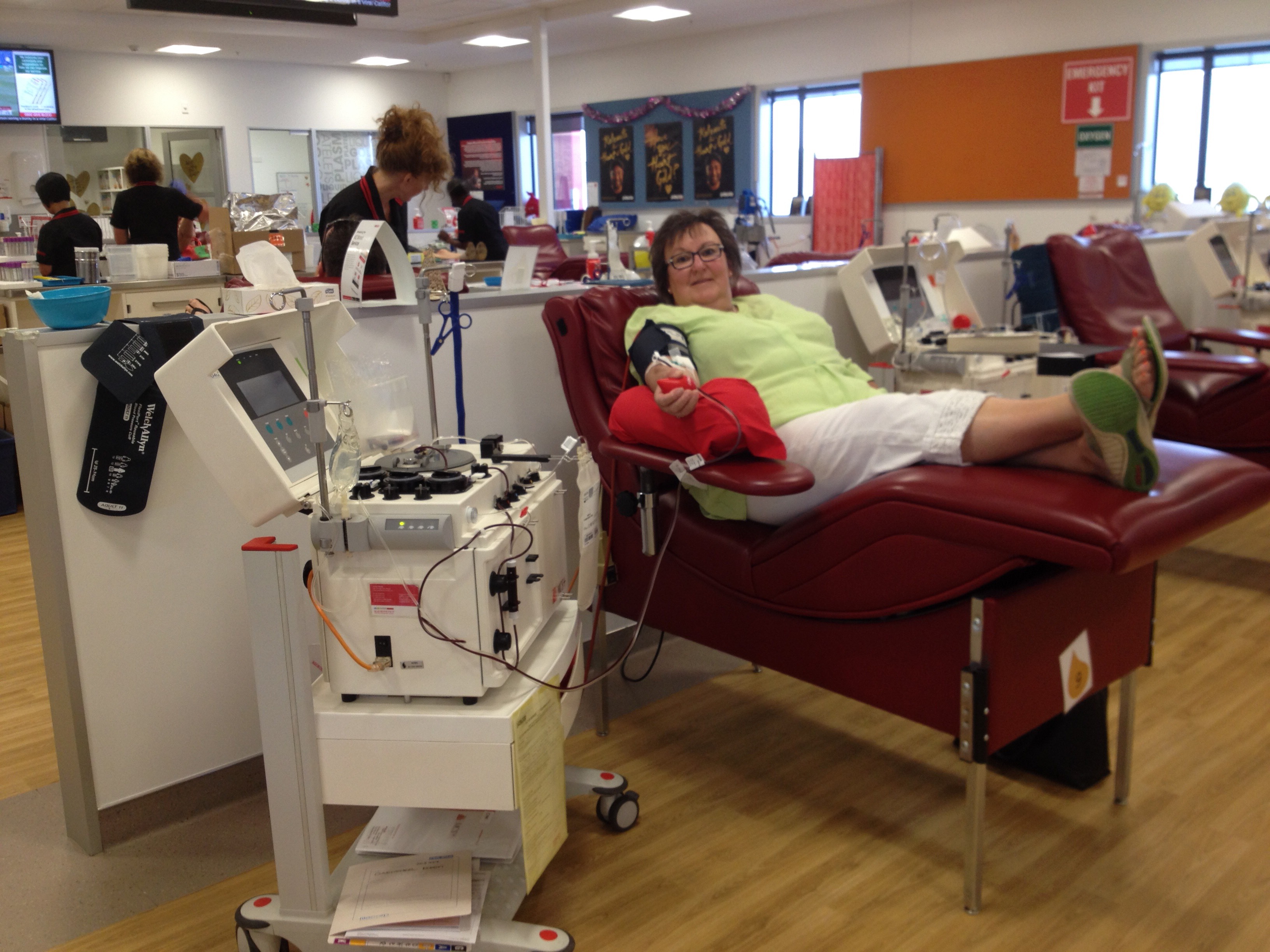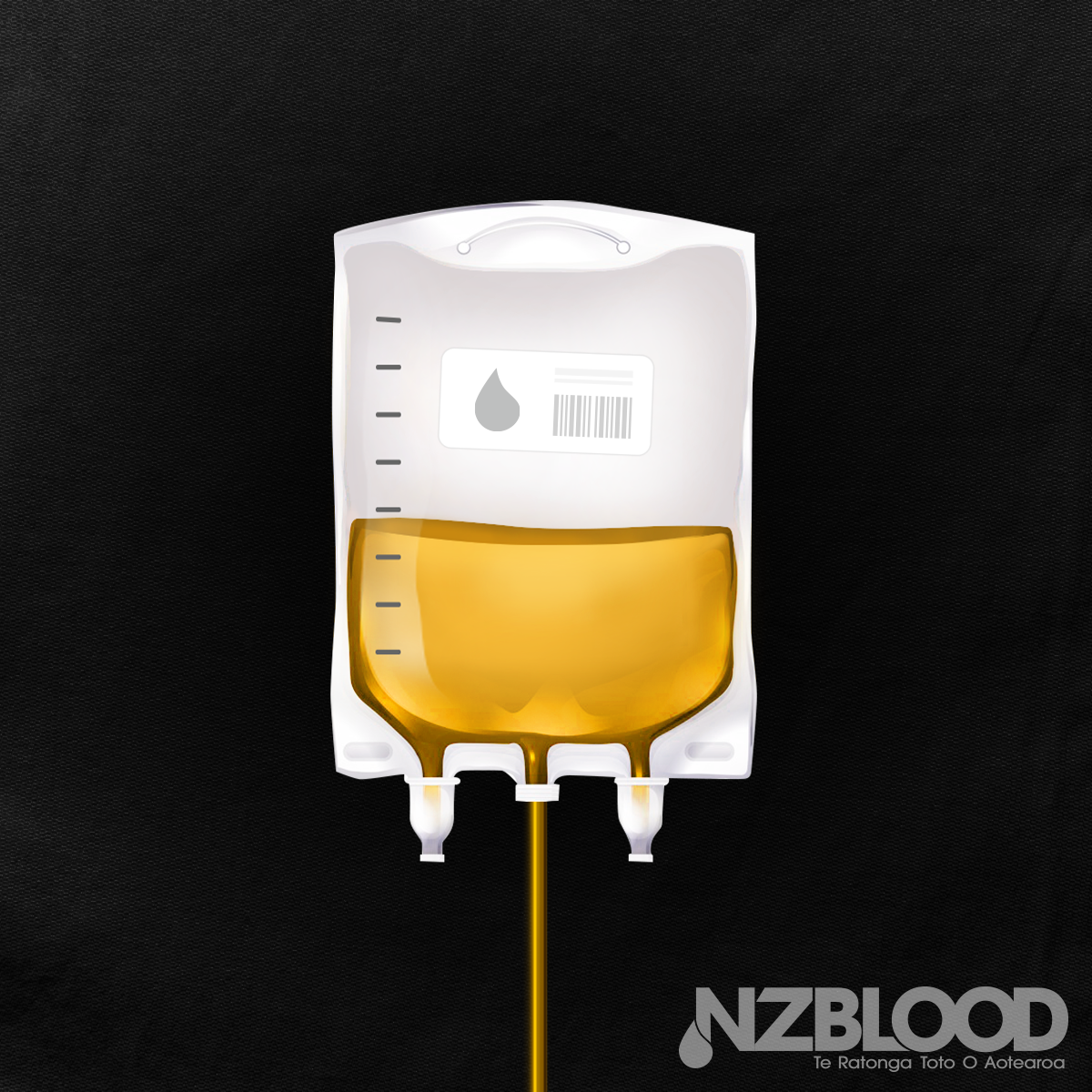News
Top 10 facts about platelets

Platelets circulate in the blood and have the important job of helping to stop bleeding. Platelet donors are a very special group, giving 10% of all donations last year.
Here are our top ten facts about platelets that everyone needs to know:
- Platelets are one of the cells present in your blood. They are essential for stopping bleeding and helping blood to clot. They are produced in your bone marrow from very large bone marrow cells called megakaryocytes.
- One drop of your blood contains as many as 1,500,000-4,000,000 platelets.
- Platelet transfusions can help patients with some blood diseases, cancers and to help control bleeding after severe trauma and major surgery.
- While plasma can be frozen and stored for up to two years, platelets have a limited shelf life of seven days so they pose more of a challenge to maintain a steady supply.
- There is no artificial substitute for platelets, so NZBS relies on the generosity of voluntary platelet donors to meet the steady and constant demand in New Zealand.
- When you give platelets you donate through a process called ‘plateletpheresis’. An apheresis machine separates out your blood, storing the platelets and returning the red cells and plasma back to you. This machine is also used for plasma donations.
- When you donate platelets it takes a lot longer than donating whole blood. You’ll normally get up to an hour and a half of me time, depending on your platelet count.
- As a platelet donor, you’re not left as tired as you would be giving blood, so you can donate more frequently; up to every two weeks (compared to once every three months for whole blood donors).
- Because of the steady demand for platelets, we call platelet donors regularly and sometimes at short notice in times of urgent need, to ensure that critically ill patients receive the life-saving platelets they require.
- Thinking of becoming a platelet donor? Great! You’ll need to meet these criteria:
-
- Already be a whole blood donor
- Have good veins
- Have a platelet count of 250 or higher (this can be checked at your next donation)
- Be blood group A or O
- Be able to commit to giving regularly
- Meet other requirements (to be discussed in person)
To find out more about becoming an apheresis platelet donor, click here or call 0800 448 325.
Published: 2017-06-01


